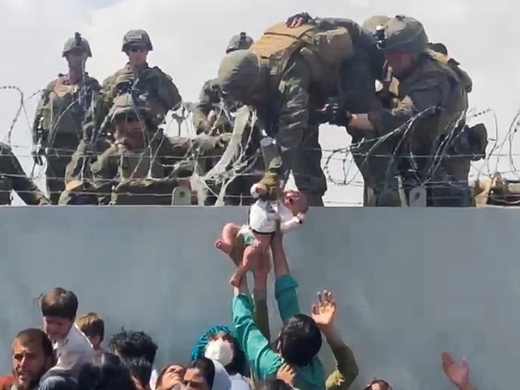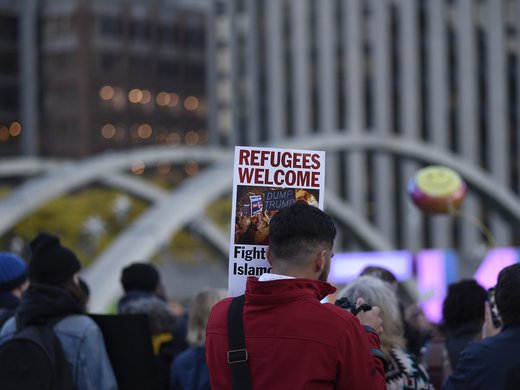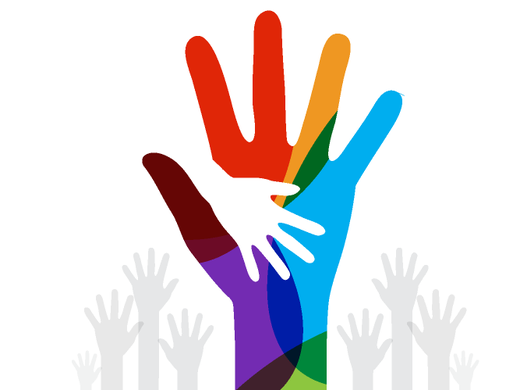This paper reviews the existing research examining the impacts of refugee hosting through economic, social, political, environmental and security perspectives, identifying areas of consensus and debate and gaps in knowledge, policy and practice. It draws from the literature on forced migration and other research to consider how these assessments are made and where further tools are needed to better measure the impacts of hosting refugees. Much of the literature reveals that refugees need not be the burden they are often portrayed to be. However, it is also true that states that host refugees are often the least able to offer protection and assistance to refugees and may not be in political contexts where it is easy to implement policies that could foster mutually beneficial situations for refugees and hosts. The paper therefore engages current literature to consider how to better facilitate responsibility sharing in order to mitigate the negative impacts of hosting refugees.
The paper also provides a range of key lessons that can inform and encourage increased responsibility sharing, including increased resettlement, and suggests policies to foster full integration in northern states; in brief, policies that avoid encampment or closed settlements often provide greater opportunities for refugees to meaningfully interact with their host communities, access the labour market, and reduce tensions between hosts and refugees. Finally, it addresses the need for improved measurement tools for assessing the impacts of hosting refugees.


